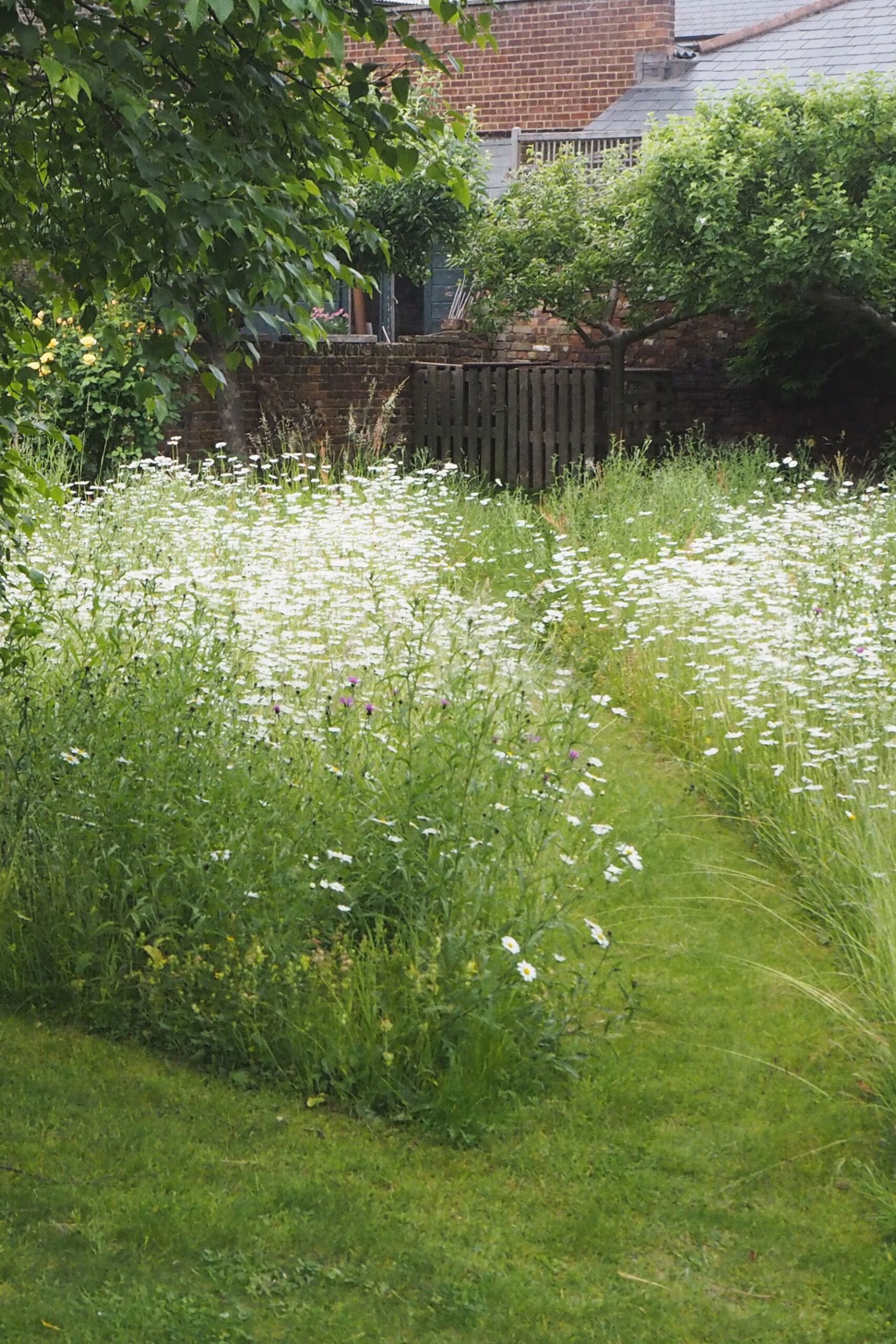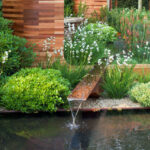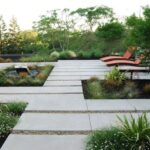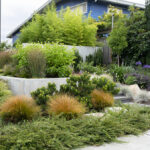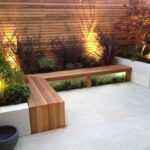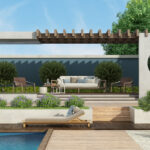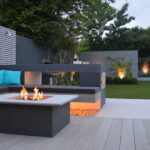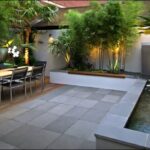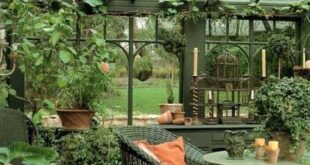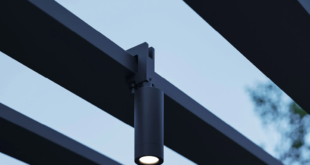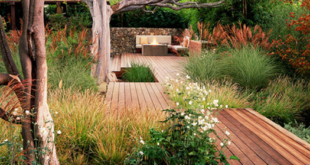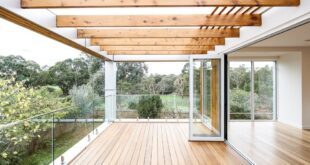The concept of garden design has evolved significantly over the centuries, reflecting changes in culture, society, and technology. From the formal gardens of ancient civilizations to the naturalistic landscapes of today, the evolution of modern garden design showcases a rich tapestry of influences and trends.
One of the earliest known examples of garden design can be found in the Hanging Gardens of Babylon, one of the Seven Wonders of the Ancient World. These terraced gardens were built around 600 BC by King Nebuchadnezzar II for his wife, who longed for the lush vegetation of her homeland. The gardens featured a complex irrigation system that allowed for the cultivation of exotic plants and trees, creating a verdant oasis in the heart of the desert.
In the Middle Ages, garden design was heavily influenced by Islamic and Persian traditions, with geometric patterns and symmetrical layouts dominating the landscape. Monasteries and castles often featured herb gardens and orchards for medicinal and culinary purposes, reflecting the practical needs of the time.
The Renaissance period saw a revival of interest in classical art and architecture, leading to the creation of elaborate formal gardens inspired by the ancient Roman and Greek civilizations. These gardens were characterized by geometric shapes, elaborate parterres, and intricate topiary, designed to showcase the wealth and power of their owners.
The 18th century brought about a shift towards more naturalistic garden designs, with the English landscape garden emerging as a popular style. Influenced by the ideas of the Enlightenment and the romantic movement, these gardens sought to evoke the beauty of the natural world, with winding paths, meandering rivers, and picturesque vistas inspired by the paintings of artists like Claude Lorrain and J.M.W. Turner.
In the 19th century, the introduction of new plant species from around the world spurred a renewed interest in botanical gardens and exotic landscapes. The Victorian era saw the rise of the ornamental garden, with elaborate flower beds, pergolas, and conservatories becoming fashionable symbols of status and wealth.
The 20th century witnessed a shift towards more minimalist and functional garden designs, influenced by modernist architecture and the principles of sustainability. The formal gardens of the past gave way to informal, naturalistic landscapes that emphasized ecological balance and biodiversity. Designers like Thomas Church and Roberto Burle Marx championed the use of native plants, water conservation techniques, and environmentally friendly materials in their designs.
Today, modern garden design continues to evolve, reflecting the changing needs and values of contemporary society. Urban gardens, rooftop gardens, and community gardens are becoming increasingly popular as people seek to connect with nature and promote environmental stewardship. Sustainable practices like rainwater harvesting, organic gardening, and native plant landscaping are now integral components of modern garden design, as designers and homeowners alike strive to create beautiful, functional outdoor spaces that enhance the quality of life.
As we look to the future, the evolution of modern garden design will undoubtedly continue to be shaped by advances in technology, sustainability, and cultural diversity. From high-tech vertical gardens to edible landscapes to green roofs, the possibilities are endless when it comes to creating innovative and inspiring outdoor spaces that blend beauty, function, and sustainability. The evolution of garden design is a testament to the enduring human desire to connect with the natural world and create harmonious living environments that nourish the body, mind, and spirit.
